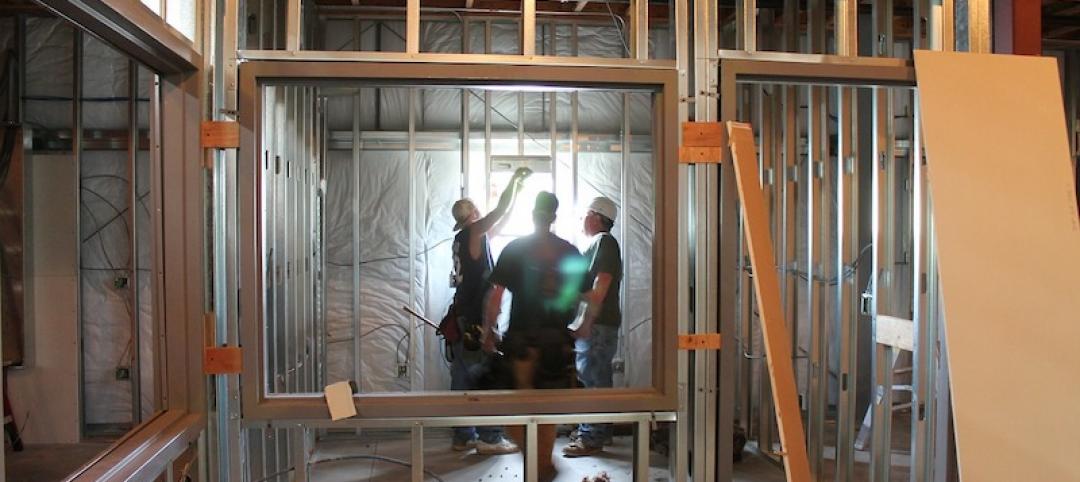Ten prominent real estate groups have signed on as partners in New York State's $50 million Empire Building Challenge, an effort to make high-rise buildings carbon-free.
Challenge partners collectively control over 130 million sf of real estate in New York State, including more than 250 buildings that contain affordable housing. The partners have each pledged to achieve carbon neutrality in one or more of their buildings and in more than 700 units of affordable housing collectively. They also have the potential to scale efforts across their portfolios to more than 25,000 units of affordable housing. Exceeding program requirements, Vornado, Empire State Realty Trust, and Rudin Management Company have all committed to achieving carbon neutrality in their entire real estate portfolios.
Partners will choose technology and innovation experts to help develop a replicable low-carbon retrofit solution proposal for addressing one or more barriers to achieving decarbonization in their buildings. Partners can submit retrofit solution proposals to the state to be evaluated competitively for up to $5 million to support development and implementation of their proposal.
Proposals will be evaluated based on a project’s scalability and feasibility in addressing the major challenges of decarbonizing high-rise buildings, and also on the building owner's willingness and ability to implement solutions across their portfolio.
Related Stories
Codes and Standards | May 8, 2020
New NIBS report evaluates natural disaster mitigation strategies
Document examines strengthening buildings for flood, wind, wildfires, and earthquakes.
Codes and Standards | May 6, 2020
A few ways contractors can manage COVID-19 risks
Staggered start times, rigorous tool cleaning, virtual training among the strategies.
Codes and Standards | May 5, 2020
NAHB loses influence in 2021 IECC building code development
Despite objections from the National Association of Home Builders (NAHB), the development of the 2021 International Energy Conservation Code (IECC) is nearing conclusion. NAHB objected to several more stringent energy efficiency provisions.
Codes and Standards | May 5, 2020
2020 IECC will lead to significant carbon emissions reductions
New model building code nearly finalized.
Codes and Standards | May 4, 2020
New York expands prevailing wage law
Now includes private projects with 30% or more of public subsidies.
Codes and Standards | May 1, 2020
OSHA says most employers don’t have to track worker COVID-19 infections
Agency clarifies responsibility for contractors, others.
Codes and Standards | Apr 29, 2020
New York City tightens restrictions on construction during pandemic
Dept. of Buildings has issued more than 100 violations and stop-work orders.
Codes and Standards | Apr 28, 2020
ASHRAE, WELL panels to tackle revising standards to limit spread of viruses in buildings
Will examine ways to reduce infectious threats through building designs and operations.
Codes and Standards | Apr 24, 2020
Dept. of Labor issues guidance for respiratory protection during N95 shortage
Elastomeric respirators or powered, air-purifying respirators, and expired N95s are allowable alternatives
Codes and Standards | Apr 23, 2020
Group will create ecosystem for smart building data
Seven Finnish companies aim to integrate all technical systems into a single platform.

















